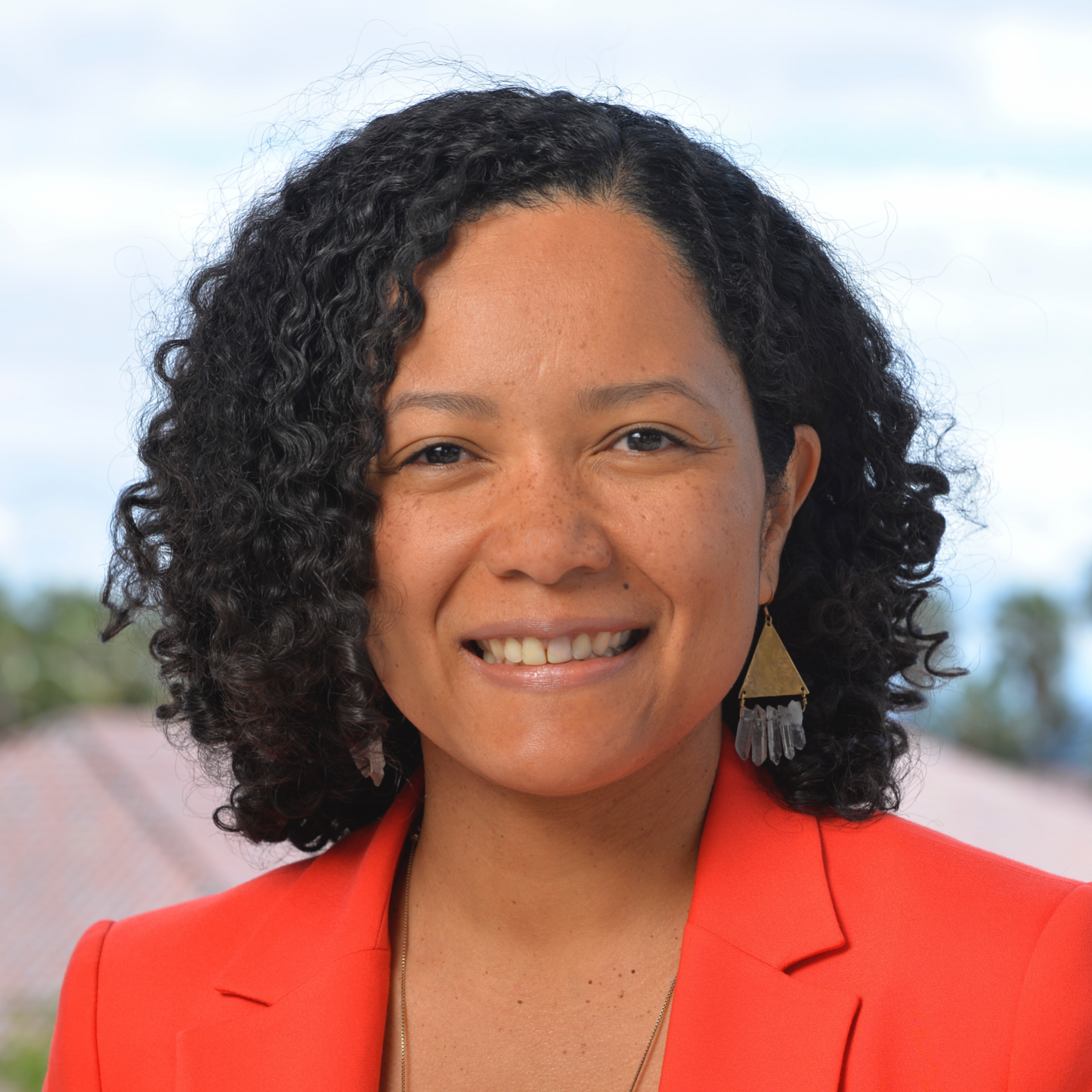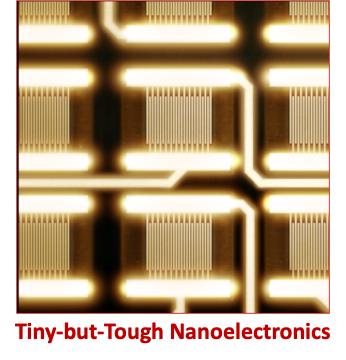Please join us for the September MIT.nano Seminar Series:
Debbie G. Senesky, PhD
 Associate Professor, Aeronautics and Astronautics and by courtesy, Electrical Engineering, Stanford University
Associate Professor, Aeronautics and Astronautics and by courtesy, Electrical Engineering, Stanford University
Date: Monday, September 27, 2021
Time: 3:00 PM - 4:00 PM EDT
Location: Zoom webinar; register to receive the link.
To receive event announcements, sign up for our email list.
Abstract
 Gallium nitride (GaN) nanoelectronics have operated at temperatures as high as 1000°C making it a viable platform for robust space-grade (“tiny-but-tough”) electronics and nano-satellites. Even with these major technological breakthroughs, we have just begun the “GaN revolution.” New communities are adopting this nanoelectronic platform for a multitude of emerging device applications including the following: sensing, energy harvesting, actuation, and communication.
Gallium nitride (GaN) nanoelectronics have operated at temperatures as high as 1000°C making it a viable platform for robust space-grade (“tiny-but-tough”) electronics and nano-satellites. Even with these major technological breakthroughs, we have just begun the “GaN revolution.” New communities are adopting this nanoelectronic platform for a multitude of emerging device applications including the following: sensing, energy harvesting, actuation, and communication.
In this talk, Senesky will review and discuss the benefits of GaN’s two-dimensional electron gas (2DEG) over silicon’s p-n junction for space exploration applications (e.g.: radiation-hardened, temperature-tolerant Venus probes). In addition, she will discuss the use of 2D materials such as graphene in space exploration applications, as well as the potential for synthesis of graphene mesostructures in prolonged microgravity environments on the International Space Station (ISS).
Biography
Debbie G. Senesky is an associate professor at Stanford University in the Aeronautics and Astronautics Department and by courtesy, the Electrical Engineering Department. In addition, she is the principal investigator of the EXtreme Environment Microsystems Laboratory (XLab). Her research interests include the development of nanomaterials for extreme harsh environments, high-temperature electronics, and robust instrumentation for Venus exploration.
Senesky received a B.S. degree (2001) in mechanical engineering from the University of Southern California. She received an M.S. degree (2004) and a Ph.D. degree (2007) in mechanical engineering from the University of California, Berkeley. She currently serves as the site director for nano@stanford, as well as co-editor for the IEEE Journal of Microelectromechanical Systems (JMEMS) and Sensors (journal).
In recognition of her work, Senesky is a recipient of the Emerging Leader Abie Award from AnitaB.org, NASA Early Faculty Career Award, and Alfred P. Sloan Foundation Ph.D. Fellowship Award.
